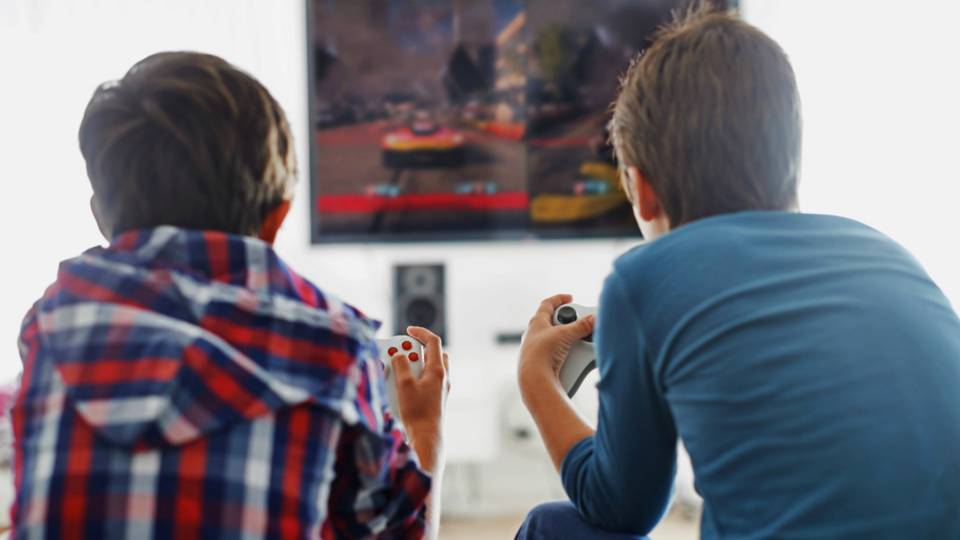Kids Turn Violent as Parents Battle ‘Digital Heroin’ Addiction
Experienced sailors, Barbara McVeigh and her husband exposed their children to the natural beauty near their home in Marin County, Calif. — boating, camping and adventuring in the great outdoors. None of this stopped her 9-year-old son from falling down the digital rabbit hole.
His first exposure to screens occurred in first grade at a highly regarded public school — named one of California’s “Distinguished Schools” — when he was encouraged to play edu-games after class. His contact with screens only increased during play dates where the majority of his friends played violent games on huge monitors in their suburban homes.
The results for Barbara’s son were horrific: Her sweet boy, who had a “big spirit” and loved animals, now only wanted to play inside on a device.
“He would refuse to do anything unless I would let him play his game,” she said. Barbara, who had discarded her TV 25 years ago, made the mistake of using the game as a bargaining tool.
Her son became increasingly explosive if she didn’t acquiesce. And then he got physical. It started with a push here, then a punch there. Frightened, she tried to take the device away. And that’s when it happened: “He beat the s–t out of me,” she told me.
When she tried to take his computer away, he attacked her “with a dazed look on his face — his eyes were not his.” She called the police. Shocked, they asked if the 9-year-old was on drugs.
He was — only his drugs weren’t pharmaceutical, they were digital.
In August, I wrote a piece about “digital heroin” for the New York Post, and the response was explosive. More than 3 million readers devoured and shared the piece — though not everyone agreed on its message. Some readers felt that the notion of comparing screens and video games to heroin was a huge exaggeration.
I understand that initial response, but the research says otherwise. Over 200 peer-reviewed studies correlate excessive screen usage with a whole host of clinical disorders, including addiction. Recent brain-imaging research confirms that glowing screens affect the brain’s frontal cortex — which controls executive functioning, including impulse control — in exactly the same way that drugs like cocaine and heroin do. Thanks to research from the US military, we also know that screens and video games can literally affect the brain like digital morphine.
In a series of clinical experiments, a video game called “Snow World” served as an effective pain killer for burned military combat victims, who would normally be given large doses of morphine during their painful daily wound care. While the burn patient played the seemingly innocuous virtual reality game “Snow World” — where the player attempts to throw snowballs at cartoon penguins as they bounce around to Paul Simon music — they felt no pain.
I interviewed Lt. Sam Brown, one of the pilot participants in this research who had been injured by an IED in Afghanistan and who had sustained life-threatening third-degree burns over 30 percent of his body. When I asked him about his experience using a video game for pain management, he said: “I was a little bit skeptical. But honestly, I was willing to try anything.” When asked what it felt like compared to his morphine treatments, he said, “I was for sure feeling less pain than I was with the morphine.”






















